Search
Search Results
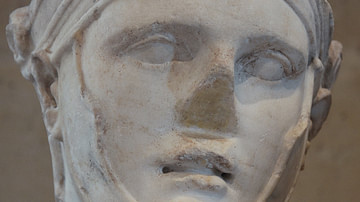
Definition
Seleucus I Nicator
Seleucus I Nicator (l. c. 358-281 BCE, r. 305-281 BCE) was one of the generals of Alexander the Great (l. 356-323 BCE) who made up the group of Diadochi ("successors") who divided the vast Macedonian Empire between them after the death of...
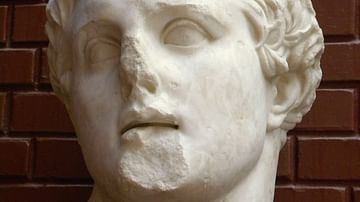
Definition
Lysimachus
Lysimachus (c. 361-281 BCE) was one of Alexander the Great's trusted bodyguards and a member of his Companion Cavalry. Although he obtained Macedonian citizenship, his father was a Thessalian named Agathocles. After Alexander's death in...
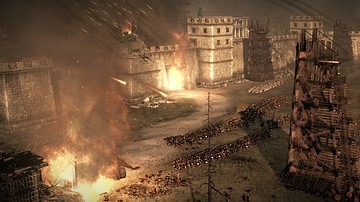
Definition
Demetrius I of Macedon
Demetrius I of Macedon, also known as Demetrios Poliorcetes, the 'Besieger' (c. 336 - c. 282 BCE), was a Macedonian king who, along with his father Antigonus I, fought for control of Alexander the Great's empire in the 'Successor Wars'. After...
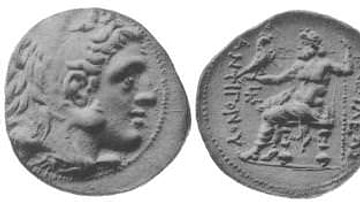
Definition
Antigonus I
Antigonus I Monophthalmus ("the One-Eyed") (382 -301 BCE) was one of the successor kings to Alexander the Great, controlling Macedonia and Greece. When Alexander the Great died in 323 BCE, a conflict known as the Wars of the Diadochi ensued...
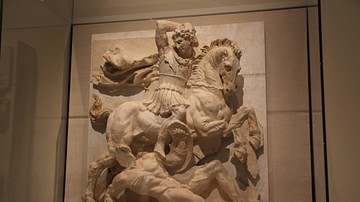
Definition
Hellenistic Warfare
When Alexander the Great died in 323 BCE, he left behind an empire devoid of leadership. Without a named successor or heir, the old commanders simply divided the kingdom among themselves. For the next three decades, they fought a lengthy...
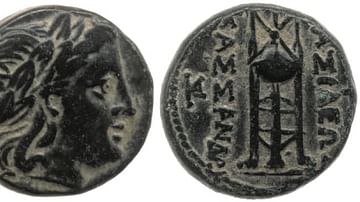
Definition
Cassander
Cassander (c. 355-297 BCE, r. 305-297 BCE) was self-proclaimed king of Macedon during the political turmoil following Alexander's death. Born in Greece as the son of Antipater, the regent of Macedon and Greece in the absence of Alexander...
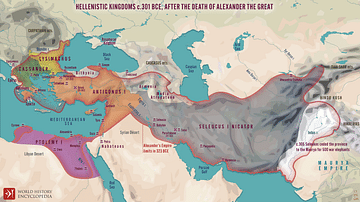
Definition
Wars of the Diadochi
On June 10, 323 BCE Alexander the Great died in Babylon. Although historians have debated the exact cause most agree that the empire he built was left without adequate leadership for there was no clear successor or heir. The military commanders...
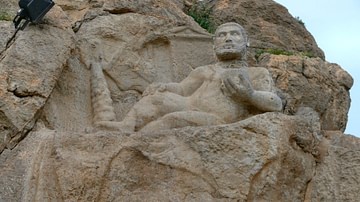
Definition
Persis
Persis (in Greek, derivated from Persian pars) is the ancient name of the approximate area of modern Fars in Central Iran, as well as a state of the Hellenistic and Imperial periods in this same province. Its name is derived from the Persians...
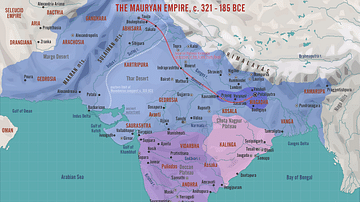
Definition
Mauryan Empire
The Mauryan Empire (322 BCE - 185 BCE) supplanted the earlier Magadha Kingdom to assume power over large tracts of eastern and northern India. At its height, the empire stretched over parts of modern Iran and almost the entire Indian subcontinent...
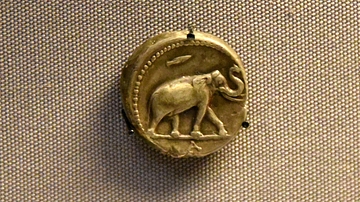
Image
Seleucid Silver Tetradrachm Depicting an Elephant
This silver tetradrachm coin belonged to Seleucos I. It depicts a striding elephant. Reign of Seleucos I Nicator, 305-281 BCE. Minted in modern-day Iran. Donated by Richard Payne Knight. (The British Museum, London).